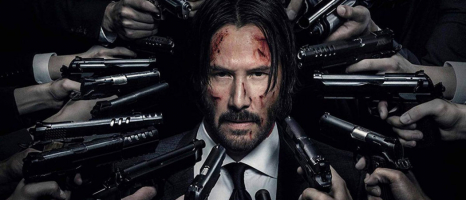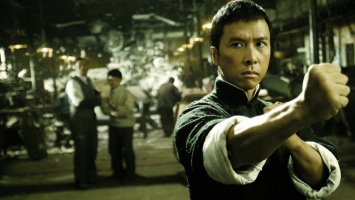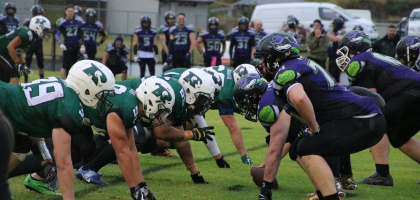Top 10 Things that Action Movies get wrong
We are aware that action films are meant to be a dramatized representation of reality, just like all other fictitious works of art. They are not intended to be ... read more...realistic since what would be the point of viewing a film that simply duplicates reality as it is? Although most of us don't truly consider the mistakes because they are in movies, action movies often get a lot of things wrong. Yet, it becomes a problem when these movies' myths result in issues in the actual world, such as, say, during natural disasters. While action movie writers are barely qualified to appropriately portray emergency medical procedures, people continue to react to emergency medical circumstances based on what they once saw in a movie, which is almost certain to be incorrect.
-
One of the most lethal killing tools in espionage flicks is the dreaded silencer, albeit this is rarely a genre-specific weapon. It's employed in a number of movies and on a range of weapons; in war movies, you'll even find enormous silencers for military-grade, high-caliber sniper rifles that entirely muffle the sound of the shot. It's a handy weapon that fully eliminates the sound, one of the main drawbacks of carrying a rifle in public.
Silencers obviously don't operate that way. As it's impossible to muffle the sound of a gunshot, there aren't even any silencers for guns. Suppressors are used to lower the shot's sound level, which is still loud enough to harm your hearing without the right protection.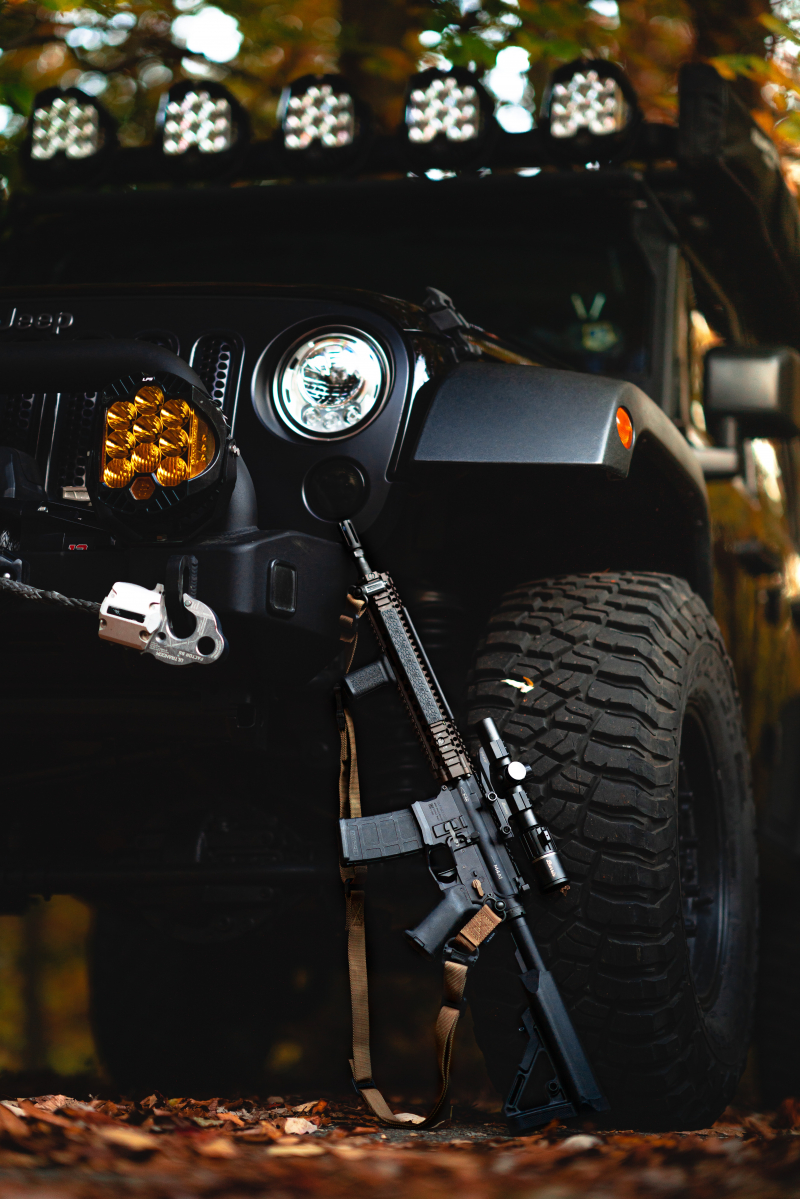
Image by Thomas Tucker via unplash.com 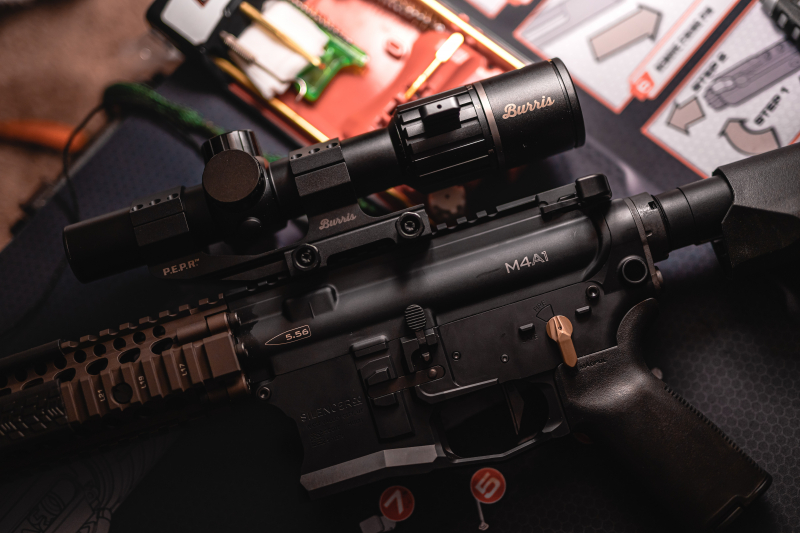
Image by Thomas Tucker via unplash.com -
Action movie protagonists frequently entirely lose their memories and change into new individuals. With one vehicle accident, cold-blooded killers change into likeable characters that you can empathize with. Is the way amnesia is portrayed in movies, nonetheless, accurate when compared to actual cases?
If you question the subject-matter authorities, the response appears to be a resounding "no" in every way. Simply put, it is not how amnesia functions. Accident victims frequently forget a few things, although the effects are typically short-lived.
Only underlying neurological causes can result in the kind of persistent, drastically altering amnesia we witness in movies. Even then, contrary to what is frequently depicted in movies, it doesn't make you forget who you are or completely rewire your entire existence.

Image by Marek Piwnicki via unplash.com 
Image by RG Visuals via unplash.com -
In many war films, you will witness a group of soldiers in a difficult environment who are all on alert when all of a sudden there is a click. When they hear it, everyone looks back to see their partner, who appears to have trodden on a landmine. Apparently mines are the kind of weapons that don't kill you if you react quickly, even giving you as much time as you want to detonate them, so as long as he maintains his foot on the mine, he should be okay.
Landmines in real life don't function that way, despite the fact that it makes for stressful battle scenes. They are intended to be lethal weapons used in asymmetric guerrilla warfare to demoralize and disable the opposition. Expecting them to provide you with a practical warning when you step on them is absurd, and if they did, it would very certainly be seen as a serious design defect. Even the most forgiving landmines would only give you a few seconds to flee because they are built to go off as rapidly as possible, despite the fact that most of them are improvised and unexpected.
Image by Tima Miroshnichenko via pexels.com 
Image by Martin Lopez via pexels.com -
Movie characters frequently engage in brawls and fistfights like it's nothing out of the ordinary, and most of the time they conclude with everyone getting up and carrying on with their days as usual. It almost seems that receiving several blows to the face and other exposed areas of the body is of no great concern.
But, if fistfights in movies were actually happening, there would be a lot more occurrences of long-term brain injury and concussions. With even one of the numerous punches you see thrown around in action movies, the majority of people would definitely pass out due to a serious concussion or even suffer long-term chronic problems.

Image by Jakob Owens via unplash.com 
Image by Felix Mooneeram via unplash.com -
You might ask why no one utilizes throwing knives in actual warfare because they make for some fantastic action movie sequences. Throwing knives are still uncommon on the battlefield, despite their appealing concept and aesthetic appeal. This is because they are incredibly challenging to use, particularly in high-stress conditions where they are most useful.
Even though it's nearly impossible for even seasoned throwers to consistently make that shot during a stressful, high-speed fight, protagonists frequently escape tricky circumstances by throwing a knife and striking their target.
Furthermore, a spinning knife just lacks the force or velocity needed to stab someone, let alone cause a significant wound. The decision of whether to toss your weapon away at all, on the off chance that it could hit a vital artery and stop them in their tracks, is also up for debate.
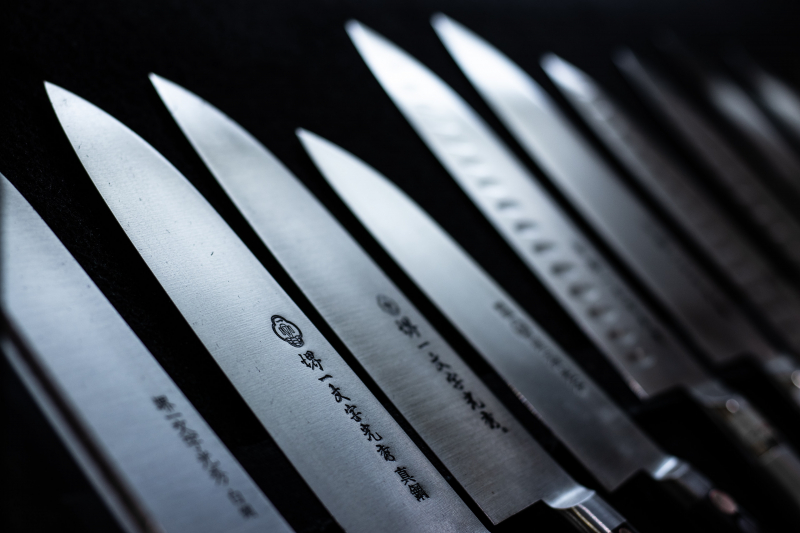
Image by Robby McCullough via unplash.com 
Image by k z via unplash.com -
Perhaps the second-most misinterpreted weapon in movies after weapons is the grenade, particularly in those that deal with conflict in any way. If grenades were to be believed, they would either be huge, earth-shattering bombs or insignificant perturbations that might just as well be disregarded.
They actually function more like an area-of-effect weapon designed to temporarily disable anyone within a close range by scattering shrapnel, though. Furthermore, pulling a grenade pin out with your teeth, as depicted by movie warriors, is absurdly challenging — if not impossible.
The pins on the majority of the grenades used in modern warfare aren't really designed to be so simple to pull out because else you risk inadvertently blowing yourself up. But, it depends on the model. For instance, removing the pin from an American M67 grenade requires around 3-5 kg of power, which, if attempted, may easily result in tooth damage.
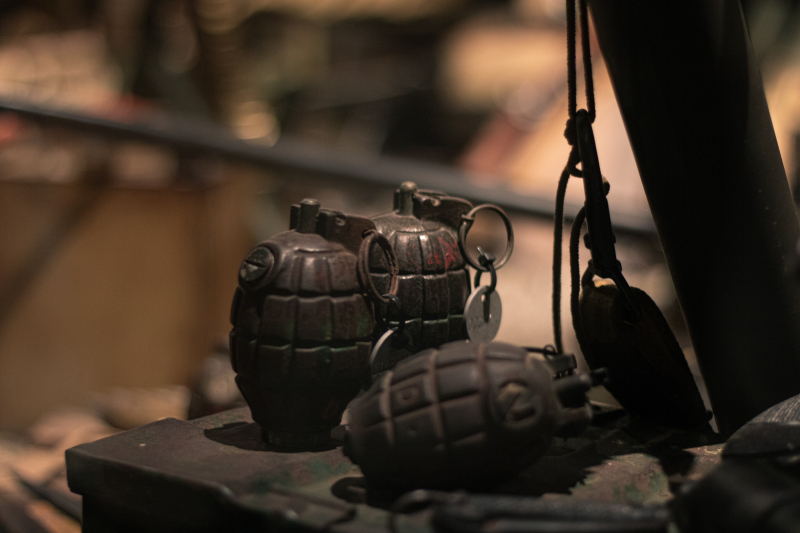
Image by Sven Verweij via unplash.com 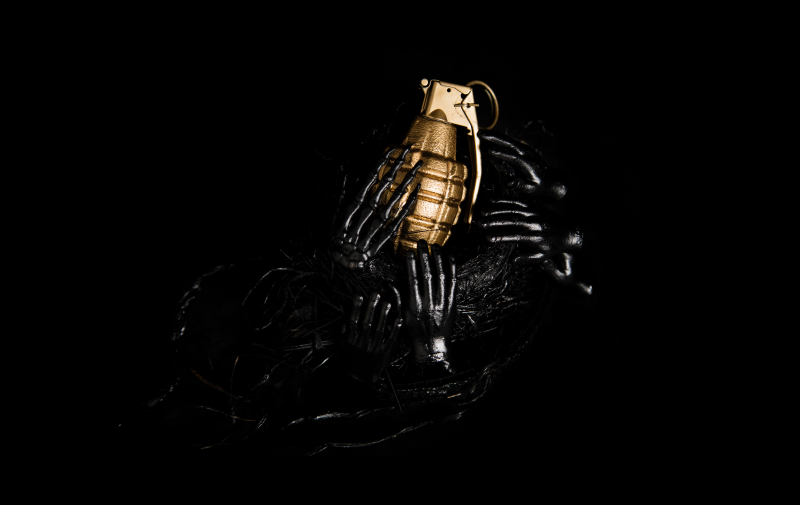
Image by Lians Jadan via unplash.com -
In movies, healing a significant open wound typically merely requires burning and sealing it in some manner, such as with red-hot iron rods. Movie characters do it instinctively, as if it were clear that burning a bodily part that has already sustained injury is not only a good idea but would also instantly fix you and bring you back into the fight.
As surgeons still frequently use cauterization during complicated medical procedures, it is a legitimate technique to apply to wounds in order to temporarily close them up and prevent blood loss; however, it is not intended to be used as a first aid technique by the general public in the event of an emergency. Burning any wound simply puts a new wound on top of the existing one, causing the patient unnecessary additional suffering. More significantly, burn wounds are more likely than other types of wounds to become infected, which can worsen the situation if not treated right after.

Image by Cullan Smith via unplash.com 
Image by Ricardo Gomez Angel via unplash.com -
It seems that action movie writers simply don't have access to the right study materials when it comes to police procedures. Consider Miranda rights, which is one of the most pervasive fallacies about the police in American-set films. Many people believe that in order for an arrest to be legal, police officers must read you your rights first. These rights are typically something along the lines of "you have a right to remain silent" and other similar phrases.
Anyone who has ever been detained anywhere in the USA would undoubtedly inform you that this is untrue. Although they are required to tell you your Miranda rights before they begin the process (called after the notorious Miranda v. Arizona case from 1966), this normally happens at some point during the interview. Police officers have the authority to detain you if they believe you are engaging in illegal activity without even speaking to you, as they frequently do.

Image by Denise Jans via unplash.com 
Image by Noom Peerapong via unplash.com -
As most individuals don't reside in areas where there are active conflicts, they are unaware of how guns or gunshots function. But that doesn't mean it shouldn't be widely known because you never know when that knowledge can come in helpful.
Everything you know about guns probably comes from movies, and while some of them do try to portray them responsibly and accurately, most of them don't. In movies, guns are typically instantaneous killers that knock you to the ground and instantly kill you. As you may expect, actual gunshot wounds don't look anything like that. They are frequently easily curable and may even fully recover in a short period of time with a little care. Just consult a warrior.
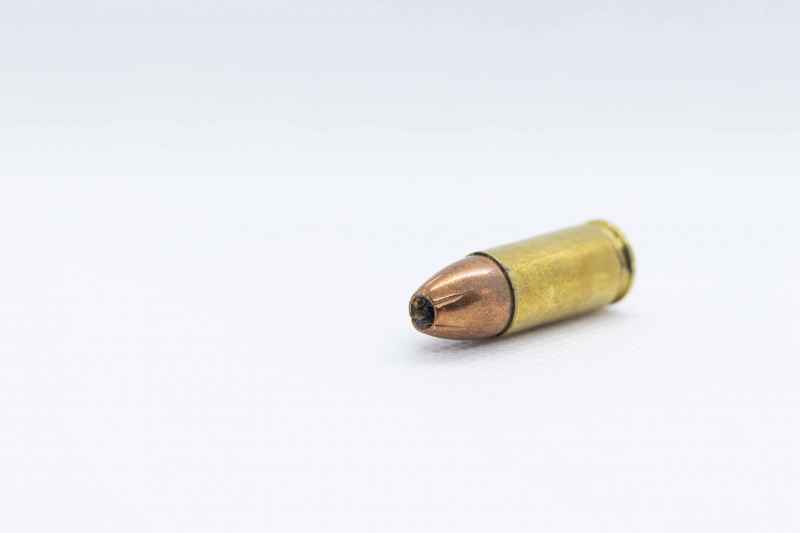
Image by danilo.alvesd via unplash.com 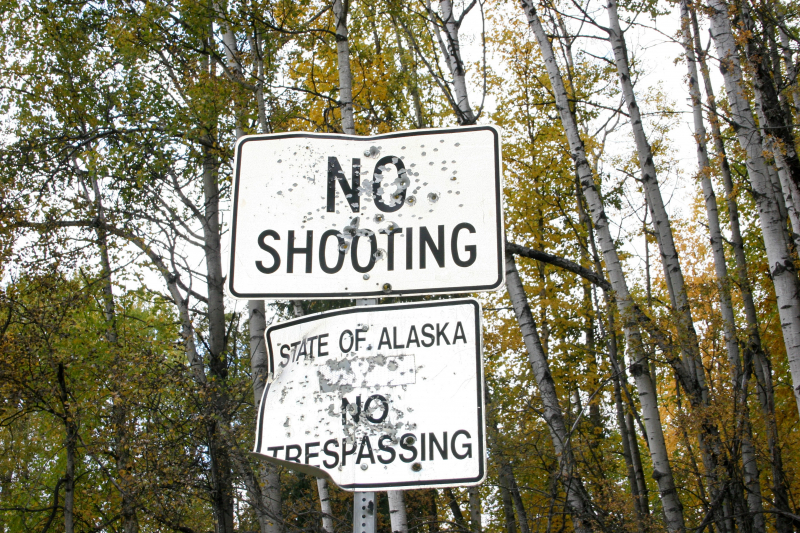
Image by Katherine Hood via unplash.com -
You could believe that cars are really delicate machinery if you've only seen them in action movies. The majority of people believe that cars are explosive in real life because they appear to do so whenever there is even the slightest provocation, such as a collision with another vehicle, a drop off a cliff, or even bullets to their completely reinforced metal exterior.
Actually, one of the most seasoned vehicles you can possess is an automobile. Before they can be sold, they must pass a number of strength tests, and even with the best efforts, it would be challenging to make one explode. In fact, Mythbusters has repeatedly shown that even with powerful explosives, it's damn near impossible to blow up a car. It's an excellent illustration of how urban legends impact real life. Most neighboring individuals believe that when cars do catch fire, it will explode rather than save the victims.
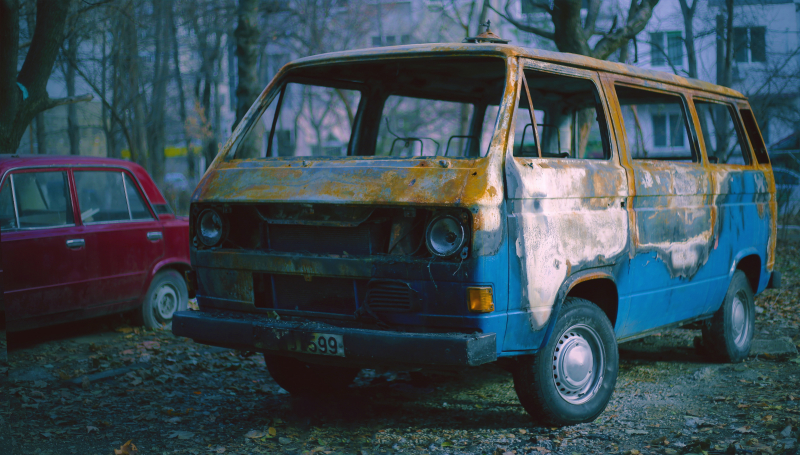
Image by Alex Escu via unplash.com 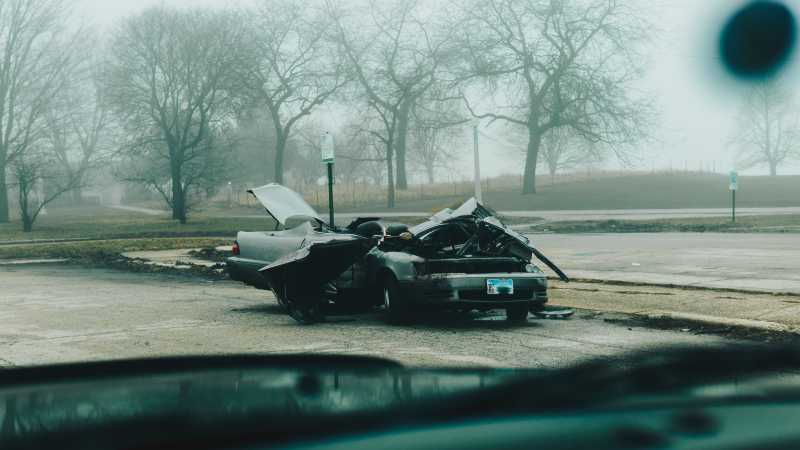
Image by Karl Solano via unplash.com















